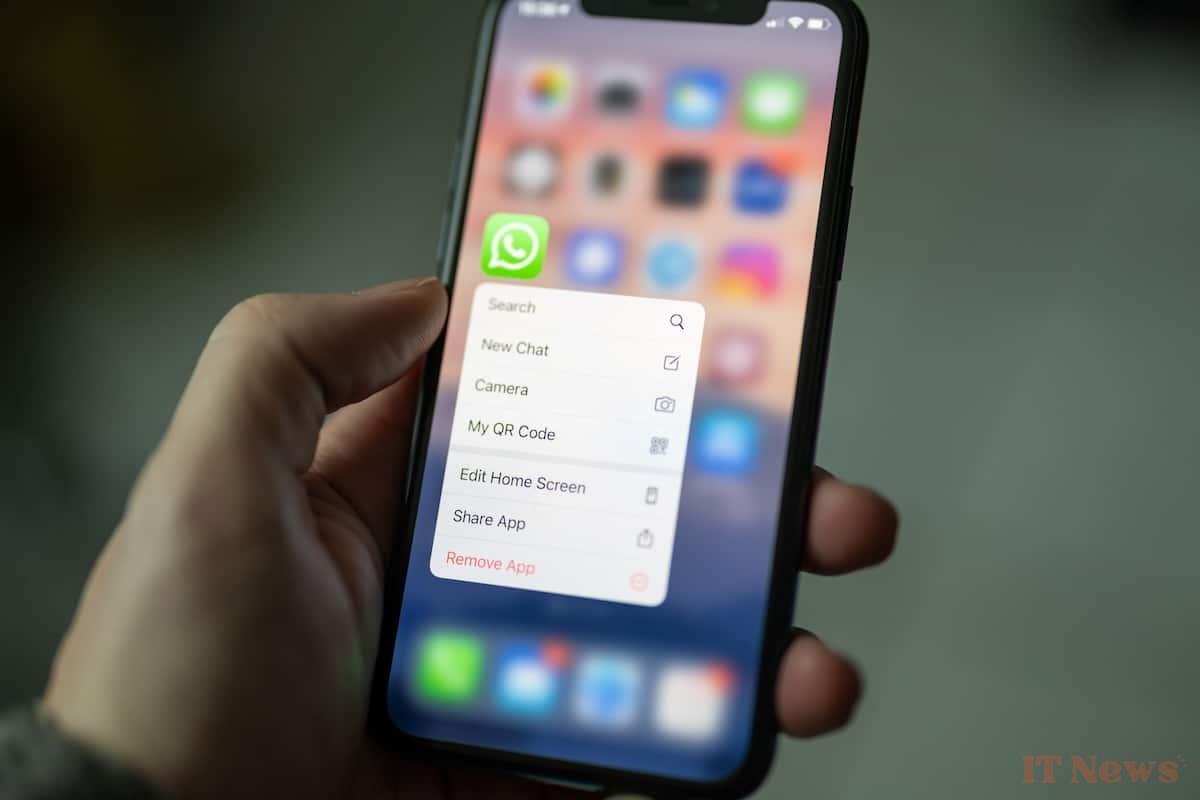In the age of ultra-connectivity, customers expect to be able to interact with their favorite brands continuously. Whether it’s questions, problems or requests, they want answers quickly, whatever the nature of their request. A trend confirmed by Salesforce in a recent study: 83% of buyers expect to interact with someone immediately when they contact a company. All this while being offered a completely personalized experience.
Conversational marketing allows you to achieve these goals. This strategy consists of focusing on interactions between brands and their customers. The challenge is to create stronger relationships with them, and to offer them simplified access to the services and products they need to boost their satisfaction, and thus the loyalty rate.
To achieve this, a well-crafted action plan must be put in place: precise segmentation, integration of new technologies to personalize on a large scale, new communication practices, etc. Certain channels are also essential for conversational marketing, including WhatsApp. With over 2 billion users, it is the number one messaging app in the world.
In its latest white paper, Salesforce looks back at this channel that has become essential for marketing and customer service teams. Discover how it can help you effectively conduct conversational marketing, but also engage and increase the loyalty of your buyers.
WhatsApp, a platform with multiple assets for your brand
In this guide, Salesforce takes you on a journey to discover all the opportunities that WhatsApp has in store for you. Today, the platform is one of the main communication tools in more than 180 countries. When you look at the advantages it offers, you quickly understand why: no login or account creation required, almost universal compatibility with different mobile phone models, simple and fast user experience, easy to personalize conversations... In addition, it is free to use.
Thus, billions of people use WhatsApp to communicate with their loved ones, but also with the brands they love the most. It must be said that with its large user base and its rapid scalability, it is the ideal solution for companies looking to develop their conversational marketing.
It offers powerful tools to automate, organize and quickly respond to buyers' messages in their language. They can personalize responses in a few clicks and add buttons, emojis or even visuals. The goal is for brands to be able to build relationships of trust with buyers, while quickly resolving any issues they may encounter.
High engagement, greater reach, better understanding of customer behavior… Conversational marketing via WhatsApp still has many advantages for you,all to discover in this white paper. In addition, the testimonials of large companies such as L’Oréal, Serasa or Superstore are valuable for understanding how WhatsApp can help you improve your digital performance.
Turn WhatsApp into a pillar of your conversational marketing strategy
However, one question remains: how can you successfully deploy your conversational marketing strategy on WhatsApp? Salesforce has identified several best practices.
The first is to integrate the platform into the entire customer journey: you must communicate at the stages where consumers are most receptive. In general, conversational marketing is most effective towards the end of the conversion funnel, when the buyer wants to easily interact with your brand. In addition, Salesforce recommends respecting the rules of the application to ensure greater efficiency in the transmission of messages.
These are just a few of the recommendations shared by the CRM expert. They can all be discovered in this free guide. The latter will also allow you to learn more about:
- The principles of conversational marketing;
- The impacts and benefits of WhatsApp for your brand;
- The importance of integrating WhatsApp with a CRM and a digital marketing platform;
- Best practices for developing your conversational strategy.
Ready to improve your customer relationship thanks to WhatsApp? Don’t forget to download the white paper from Salesforce !



0 Comments